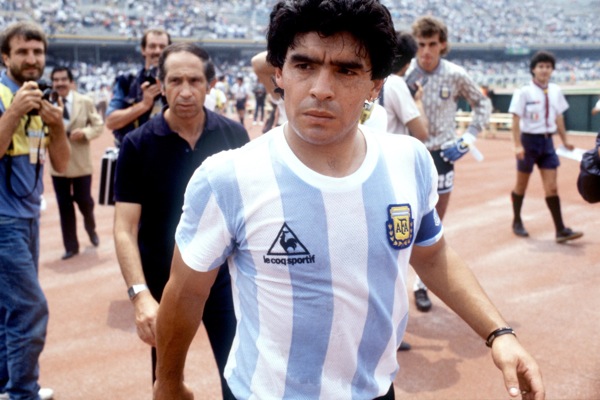29/12/2012
Nobody can
question Jose Mourinho's curriculum vitae.
He has lifted numerous trophies with Oporto, Chelsea, Inter and Real
Madrid so to dispute his results would be downright ludicrous. The question should be, however, at what
price do these victories come?
There is no
denying that he has achieved success with every team that he has managed. Yet
if his performances are so outstanding why hasn't he stayed with the same team
for a prolonged period of time? Why has
he only ever had two or three year stints at every club he has managed? Could it be that his success comes at an
extremely high expense?
Mourinho
has a very clearly defined conduct pattern.
He brands himself as the best coach in football and as such is normally
pursued by top European teams in desperate need of a championship. Once signed and settled he demands absolute
control over the institution´s sporting operations in order to apply his
short-term, results-driven, winning-at-all-costs methodology. A methodology that is accepted at first by
players and board members alike given the dire situation in which he tends to
arrive, despite including disrespect for opponents, media, football governing
bodies, and manipulation of his own staff and players.
And sooner
or later he ends up winning. Some attribute
his victories to his managerial talent while others tend to credit the top-class
players he is given to mold his squads in the first place. But either way, he achieves the objective
which he was hired to obtain.
But his success
comes at a very high price for the club. Mourinho is hard-nosed and negotiates with no
one because he has previous accomplishments to back him up. Soon, however, his intransigent attitude and uncompromising
approach begins to wear down those same players and board members he once had
onside. And at this stage he begins to publicly single out his critics as enemies. Those who
question him are soon relegated to supporting roles regardless of their
hierarchy or experience. The multiple crises
tend to erupt and his teams automatically become less competitive. Conflicts arise and his dressing rooms soon become divided between his followers and his opposers. And all throughout he finds scapegoats to justify his lackluster results without ever admiting to part of the blame.
Finally,
Mourinho reaches a stage where he has mined so many paths and burned so many
bridges along the way that his own approach even begins to take a toll on
himself. It is at this moment where he
normally finds a way to ¨eject¨ in search for another team to ¨rescue¨ and leaves his old club
to pick up the pieces.
Is this
considered success? If so, is it worth giving up on values, fair-play and respect from peers all for the sake of winning? Or is it perhaps too high a price to pay?
Diego Valdés Rendón
Executive Editor, MotivaGoal
BA, MBA, Master in Sports Management
diego.valdes@motivagoal.com
Executive Editor, MotivaGoal
BA, MBA, Master in Sports Management
diego.valdes@motivagoal.com

/cdn.vox-cdn.com/uploads/chorus_image/image/60993011/671946618.jpg.0.jpg)







































